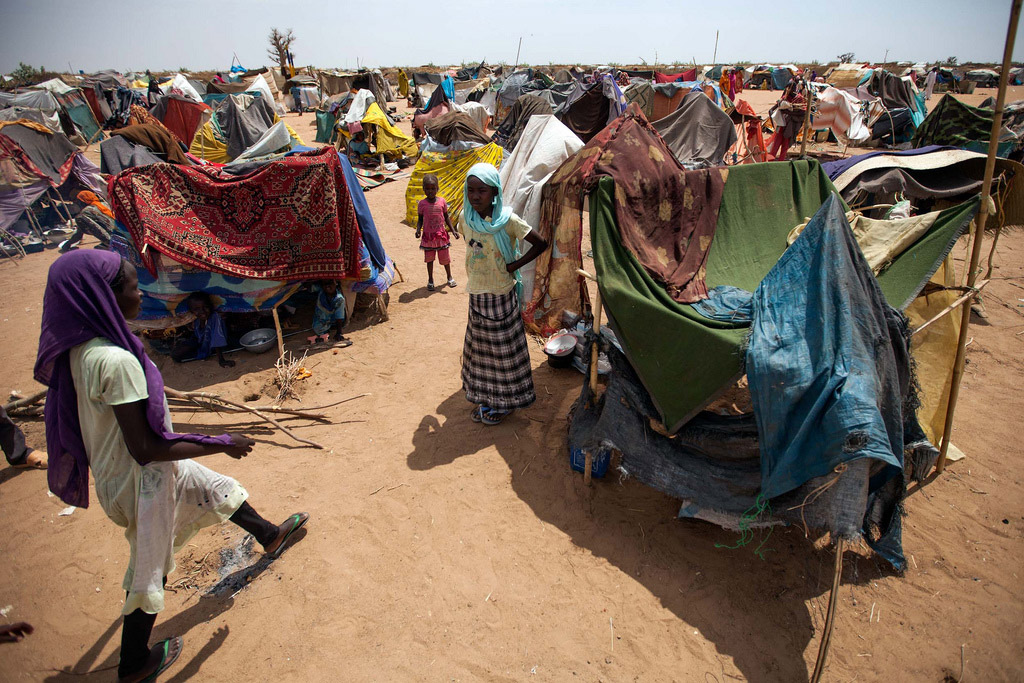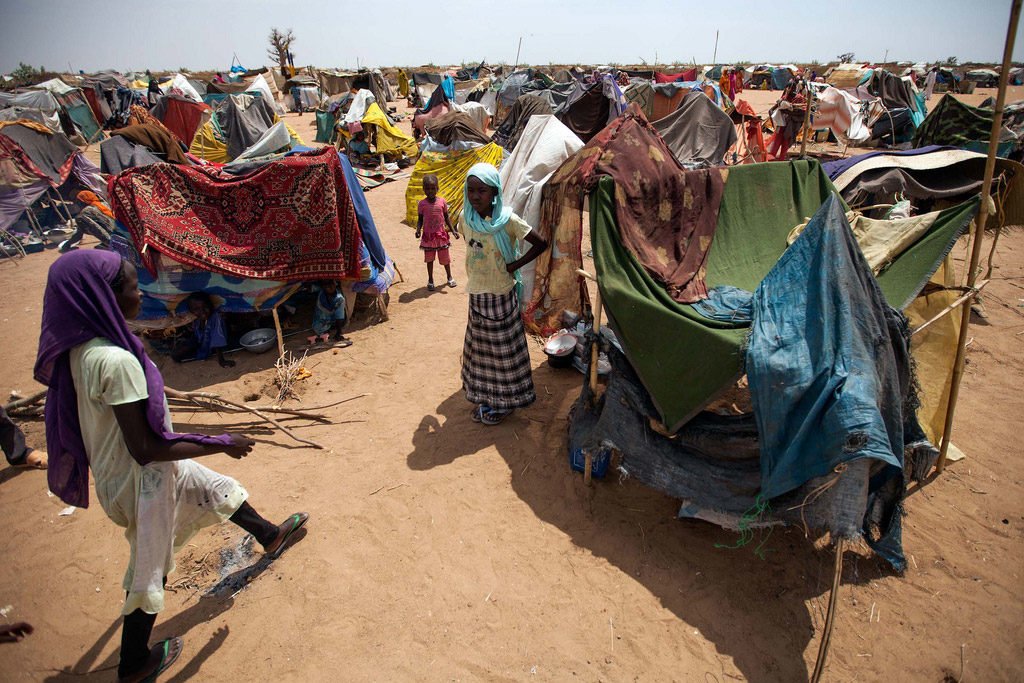Somalia to benefit from new $575m US aid for hunger in Africa and Yemen


The United States has committed a further $575 million to support efforts at stemming the tide of hunger sweeping across Somalia, Yemen, South Sudan and Nigeria.
The US Agency for International Development (USAID) chief Mark Green told the unveiled the new aid package Thursday during the ongoing 72nd session of the UN General Assembly in New York. The additional funding raises US humanitarian assistance to nearly $2.5 million since the beginning of the year for the four countries.
“Tens of millions of people are in need of humanitarian assistance as a result of the man-made crises in South Sudan, Nigeria, and Yemen, all of which are driven by conflict, and Somalia, where ongoing conflict is exacerbating the effects of a severe drought,” USAID said.
“While a swift influx of aid helped roll back famine in some areas of South Sudan, and has so far prevented famine in Yemen and Somalia, life-threatening hunger is spreading in both scope and scale.”
UN Secretary General António Guterres told the gathering that despite efforts to avoid the threat of famine, millions were still suffering calling for sustained support especially in countries affected by the drought.
“So far, this coordinated action by governments, agencies, donors and non-government agencies has held famine at bay. But I think it is important to recognise that famine is a technical definition. To keep famine at bay doesn’t mean to keep suffering at bay. So, millions and millions of people suffer, millions and millions of people are not food secure, and we have people dying at this very moment.”
In Somalia, 3.1 million people are now unable to meet their daily food needs – an increase of 200,000 since the Call to Action, Guterres said adding, around 1.9 million people in need are in areas controlled by Al Shabaab, where delivery routes are inaccessible.